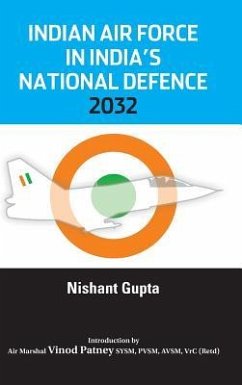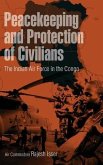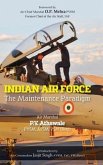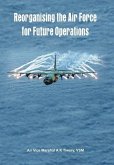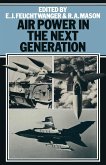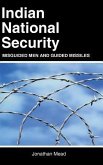The Indian Air Force, from a humble beginning in 1932 with 4 Wapiti aircraft, six Indian officers and 22 hawai sepoys, have traversed a long journey of eighty one years and crossed noteworthy milestones to become the fourth largest air force in the world. While facing several limitations/challenges, IAF have met all the national defence requirements, and made several strategic contributions. With growing economic interests and national aspirations, expanding interests well beyond our territorial boundaries and prevailing internal security challenges, India's national defence requirements are also increasing. The first Gulf War was a monumental turning point in the war-time employment of aerospace power. Ever since significance of aerospace power in war, crisis and peace time has been gaining ascendency. Kosovo and Libya are the two pertinent examples of the allies virtually relying on aerospace power, without committing any soldiers on the ground. Scrutiny of the emerging global and national trends suggests that employment of the aerospace assets, as well as nation's expectation from the IAF, will continue to rise. Alongside, there is an unplanned fall in flying platforms, weapon systems and pilot strength of the IAF. This study is an attempt to analyse the history of the IAF in war as well as 'other than war operations'; to appreciate the emerging trends in geopolitics, aerospace technology and doctrine; and to identify the likely challenges IAF would be facing in the next two decades and beyond. Road map for transformation of the national security framework, indigenous aerospace industry and the IAF has also been suggested.
Hinweis: Dieser Artikel kann nur an eine deutsche Lieferadresse ausgeliefert werden.
Hinweis: Dieser Artikel kann nur an eine deutsche Lieferadresse ausgeliefert werden.

